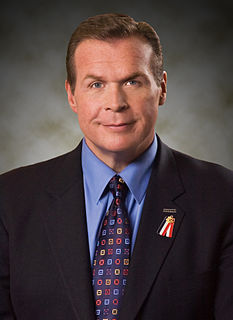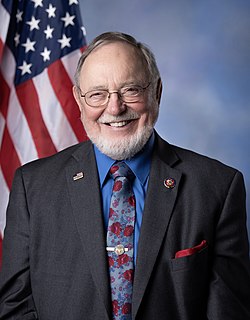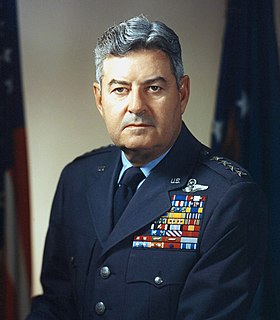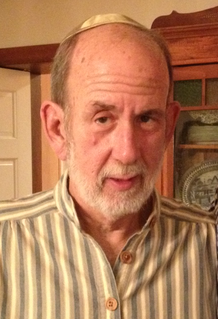A Quote by John O. Brennan
Unfortunately, in war, there are casualties, including among the civilian population.
Quote Topics
Related Quotes
"Peace" is a condition in which no civilian pays any attention to military casualties which do not achieve page-one, lead-story prominence-unless that civilian is a close relative of one of the casualties. But, if there ever was a time in history when "peace" meant that there was no fighting going on, I have been unable to find out about it.
The United States is at war with the al Qaeda terrorist group. Al Qaeda is not a nation-state and it has not signed the Geneva Conventions. It shows no desire to obey the laws of war; if anything it directly violates them by disguising themselves as civilians and attacking purely civilian targets to cause massive casualties.
I am extremely proud of our remarkable men and women who serve in our military, but the reality is that this is a shrinking percentage of the American population. Unfortunately, this has resulted in a growing disconnect between our military and civilian population. At one time, we had participation from nearly every American. Victory gardens, metal collections, saving stamps and bonds-everyone did their part to support our military. We simply don't do that anymore.
We went over there and fought the war and eventually burned down every town in North Korea anyway, someway or another, and some in South Korea too. Over a period of three years or so, we killed off - what - twenty percent of the population of Korea as direct casualties of war, or from starvation and exposure?



































